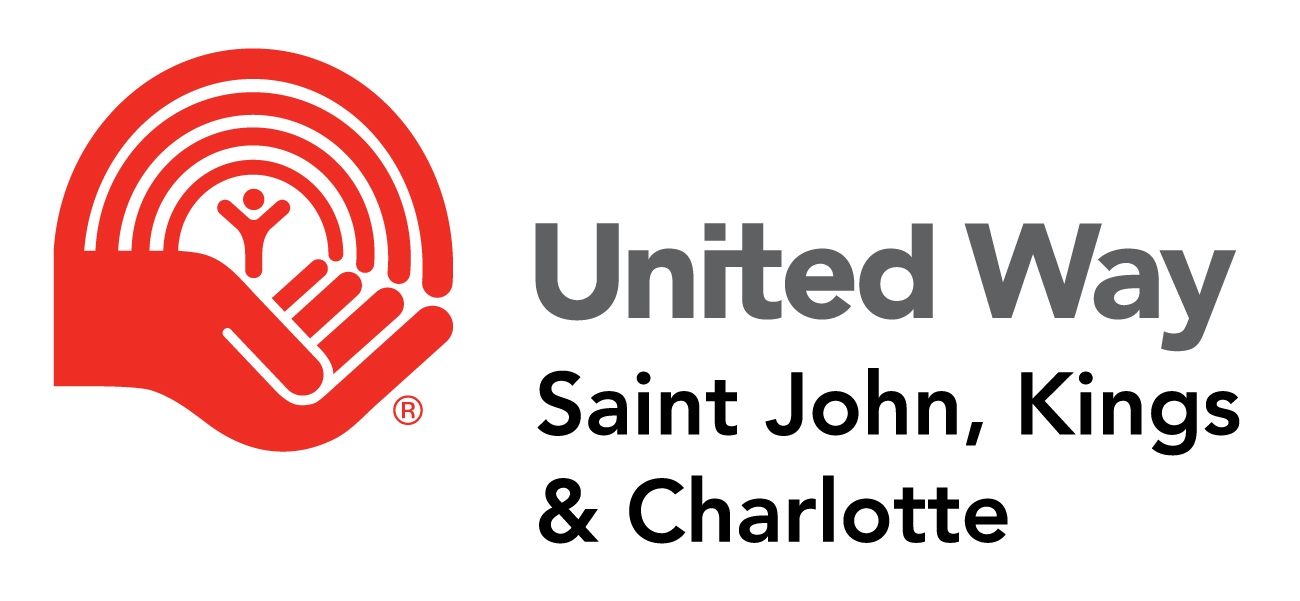
We’ve all read the headlines – fuel prices, food prices, and interest rates are increasing. More than one in 10 Canadians are spending more than they earn each month.
If you’re fortunate enough to be a part of the middle or upper class, you have the flexibility and ability to stretch your dollars further in times of high inflation like we are seeing today.
But if you’re one of the thousands of New Brunswickers living in poverty, and thousands more just getting by on a low income, your reality is quite different.
According to the Canadian Income Survey in 2020, 7.6 per cent of the population of New Brunswick lives in poverty. It’s likely this figure is higher today.
Nearly one in four children in New Brunswick lives in poverty. In Saint John, it is worse – nearly one in three children exist in those conditions.
Many people were struggling to make ends meet before the pandemic. Affordable housing was already at a crisis point. In the beginning of the pandemic, some government support really helped people in the short term. But when many people went back to work, others were left behind, struggling more than ever.
Rising inflation has made this dire situation worse.
More and more, people are relying on help to fill the gap between their inadequate income and their basic needs. They’re looking for grocery store gift cards, menstrual and hygiene products, and financial support to pay for power arrears or a damage deposit.
When costs rise, there’s no wiggle room. No way to further stretch their budgets. Often, the food budget is the only place to take from. People give up meat, fresh fruit and vegetables, and yogurt to get by. When that’s not enough, they cut their milk with water so it can last longer.
Poverty has robbed our most vulnerable residents of choice.
People have lost choice in where to live, what to eat, and who they can afford to see.
They are struggling with the cost to drive to work or visit with family and friends nearby. Poverty is already extremely lonely, but these increased costs add more barriers to connection with others and crucial resources.
There is no one solution that would lift people out of poverty. But there are some things we do know work. Things that focus on breaking down systemic barriers to poverty like educational programs to improve employability, food security within schools so kids can learn better, affordable transportation options for people in rural communities, easy and affordable access to mental health and addiction supports, and much more. All of these solutions help restore people’s ability to have some choice and dignity. This is what United Way Saint John, Kings & Charlotte is focused on.
We’re so grateful to our generous donors and funded partners whose support and work has helped give people in our communities a better future. Investing in solutions means investing in people, giving them more control and a chance to live a better life.
As a community, we all need to work together – governments, businesses, organizations and citizens – to address poverty. United Way is committed to creating opportunities and spaces for conversations that, in turn, can lead to solutions that make a difference.
Sincerely,
Alexya Heelis
Executive Director
United Way Saint John Kings & Charlotte